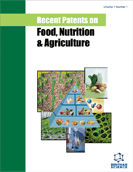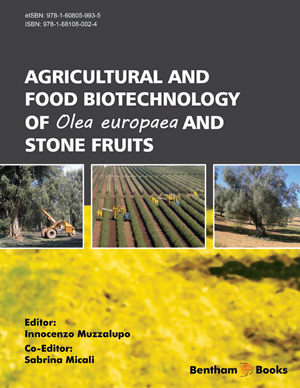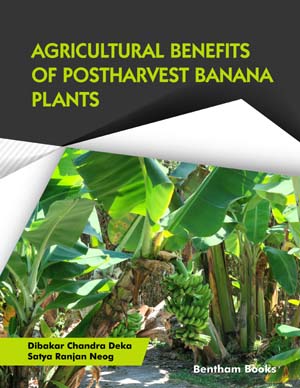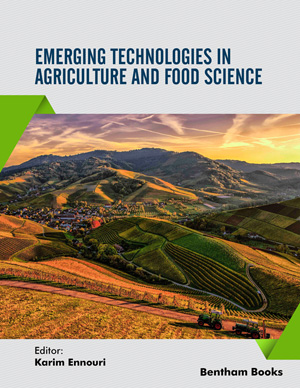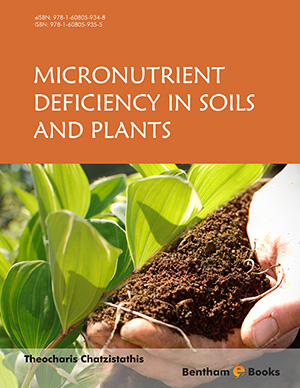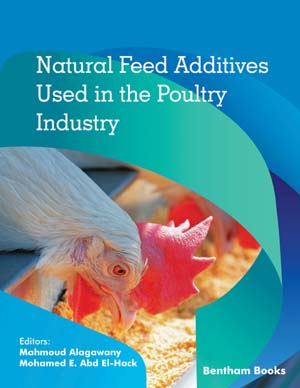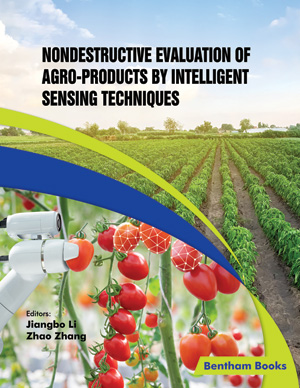Abstract
By genetic engineering, one or a few genes are typically introduced into plants, so major direct improvements on complex quantitative traits such as yield are not easily realized. However, yield can be, and has been indirectly increased by reducing the gap between potential and actual crop yield, introducing resistance to diseases, pests, abiotic stresses, or herbicides, alone or combined. New traits are appearing on the market and many others are in the pipeline, which promise to contribute to global food production, such as tolerance to drought, to acid or saline soil, and nutrient use efficiency. The possibility to boost the photosynthetic potential by genetic engineering is also attractive. In this chapter, after an brief presentation of plant engineering techniques, I provide an overview of the actual contribution and potentialities of genetic engineering for enhancing crop yield.
Keywords: Acid soils, Agriculture, Biotechnology, Crop yield, Drought, Genetic engineering, GMO, Herbicide tolerance, Insect resistance, Photosynthesis, Salinity, Transformation, Transgenic plants, Virus resistance.



